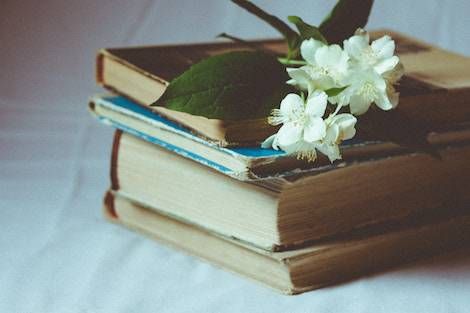
The Struggle with Stories of Queer Suffering
Today is The Human Rights Campaign’s National Coming Out Day, and to celebrate we are spending the day featuring LGBTQ+ voices. Enjoy all the posts here!
I want to read more queer fiction. But these days it feels like I can’t read more queer fiction. While I do find books about self-discovery and identity that I enjoy deeply, what I find most often when I look for queer fiction is a number of variations on the same theme: the queer suffering narrative.
Queer suffering narratives can take any number of forms. Most are set in the recent past and explore in detail the difficulties of discrimination, homophobia, transphobia, etc. Sometimes the stakes are lower, with only relationships and social status potentially at risk, but often it’s a constant threat of violence and terror that could come from any direction.
Queer suffering narratives are important. There isn’t much queer fiction at all, and history has been written mostly without queer people offering their perspective. Speaking truthfully about the very real threats queer people have faced for thousands of years matters.
And yet I can only read so many of these books.
As a queer person, it is hard to read queer suffering narratives. It takes more emotional energy than my usual reading. When it’s over I feel spent. I want more than anything to read stories of queer people living bold and interesting lives, I want to hear their stories of love and success. But when I go back to find another queer book, I almost always find myself back at a story of suffering.
My sexuality and my identity are things I want to explore more deeply. I want to know more about how other queer people think, how they experience the world, and how they thrive in it. But when I search for these stories I encounter oppression, violence, and bigotry almost every time.
I know I need those stories, too. I know the world needs those stories, too. But I still reach a point where I need to back away from it all and give myself some time to recover.
There isn’t enough queer fiction in the world. I like to think that if we saw more queer fiction, we would see more diversity not only in the types of writers telling stories and the types of characters in those stories, but in the narratives themselves. That we could make space on the LGBTQ+ bookshelf for more than just books about violence, suffering, and loss. I want queer books in every genre, for every mood, for every occasion. I want to be able to go from one feeling to another. I want to be able to read only queer books for a whole year without feeling overwhelmed by the pain those stories involve.
For now I feel guilt about queer books that I start and then set aside when I realize what kind of story it is. I tell myself that I will be able to come back in a few days or weeks or months when I’m feeling stronger. I feel like I owe it to my community to celebrate their work. And when the suffering in these stories is so much more extreme than my own, I feel like I’m not trying hard enough. Which leads back to all sorts of complicated feelings I already have of not being queer enough.
I don’t have a happy note to end on. I don’t have a closing paragraph to tie it together and talk about how we move forward from here. I just have a book half read, waiting for me, wondering if I will come back to it. And I don’t know when I will. I hope it’s soon.
Also In This Story Stream
- 5 Fantastic Comics about Queer Women
- LGBTQ Works in the Time of Crisis
- 5 Books about Bisexual Women of Color
- 3 On A YA Theme: A Rainbow of Queer YA
- Genre Kryptonite: Queer Ladies Solving Crime
- Reading My Way Out of The Closet
- 7 Bisexual Protagonists I Wish I Met Growing Up
- An Introduction To the Queer Bookternet
- Great Bisexual Representation in Romance











